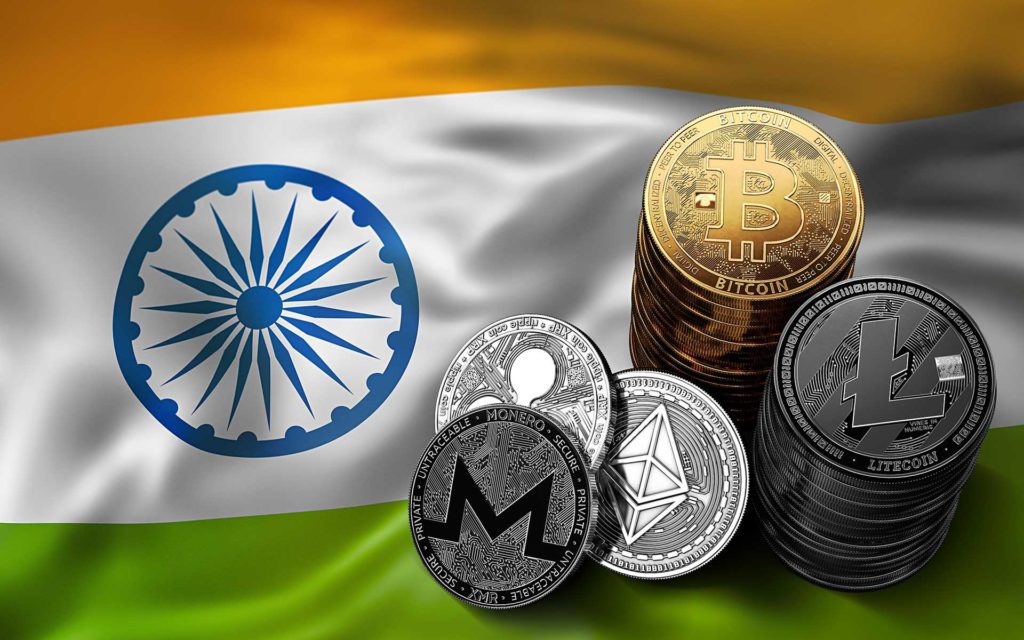
India, which holds the G20 presidency, has received support from the International Monetary Fund (IMF) and the United States for its proposal to create a coordinated global effort to regulate digital assets. During the latest G20 meeting held on February 26, the country’s finance minister, Nirmala Sitharaman, hosted a seminar for member states to discuss the potential risks of cryptocurrencies and create a common regulatory framework.
The US Treasury Secretary, Janet Yellen, said at the G20 meeting that it was “critical” to implement a robust regulatory framework. However, she clarified that the United States has not suggested an outright ban on cryptocurrencies. On the other hand, the IMF’s Managing Director, Kristalina Georgieva, stated that banning cryptocurrencies should be an option.
The Reserve Bank of India (RBI) has consistently expressed concerns about the risks of cryptocurrencies, including their lack of underlying value, volatility, and potential for fraud and scams. Despite the RBI’s warnings, the Indian government is considering a law to regulate cryptocurrencies. The government has also stated that global cooperation would be necessary for any effective regulation or ban on cryptocurrencies.
The Indian government’s controversial crypto tax plans, which include a 30% tax on cryptocurrency income and a 1% tax deduction at source for crypto transfers, have negatively impacted trading volumes on local cryptocurrency exchanges. A research study by Delhi-based think tank Esya Centre found that Indian crypto traders have moved over $3.8 billion in trading volume from local exchanges to international platforms after the country’s tax policy came into effect. The study also estimated that around 1.7 million users switched from domestic crypto exchanges to foreign ones in the past year.
The G20 meeting has put the spotlight on the need for a coordinated effort to regulate cryptocurrencies globally. As the digital asset industry continues to grow, regulators are under increasing pressure to mitigate its potential risks. With the support of the IMF and the United States, India’s push for a common regulatory framework could help create a safer and more secure environment for digital asset investors worldwide.